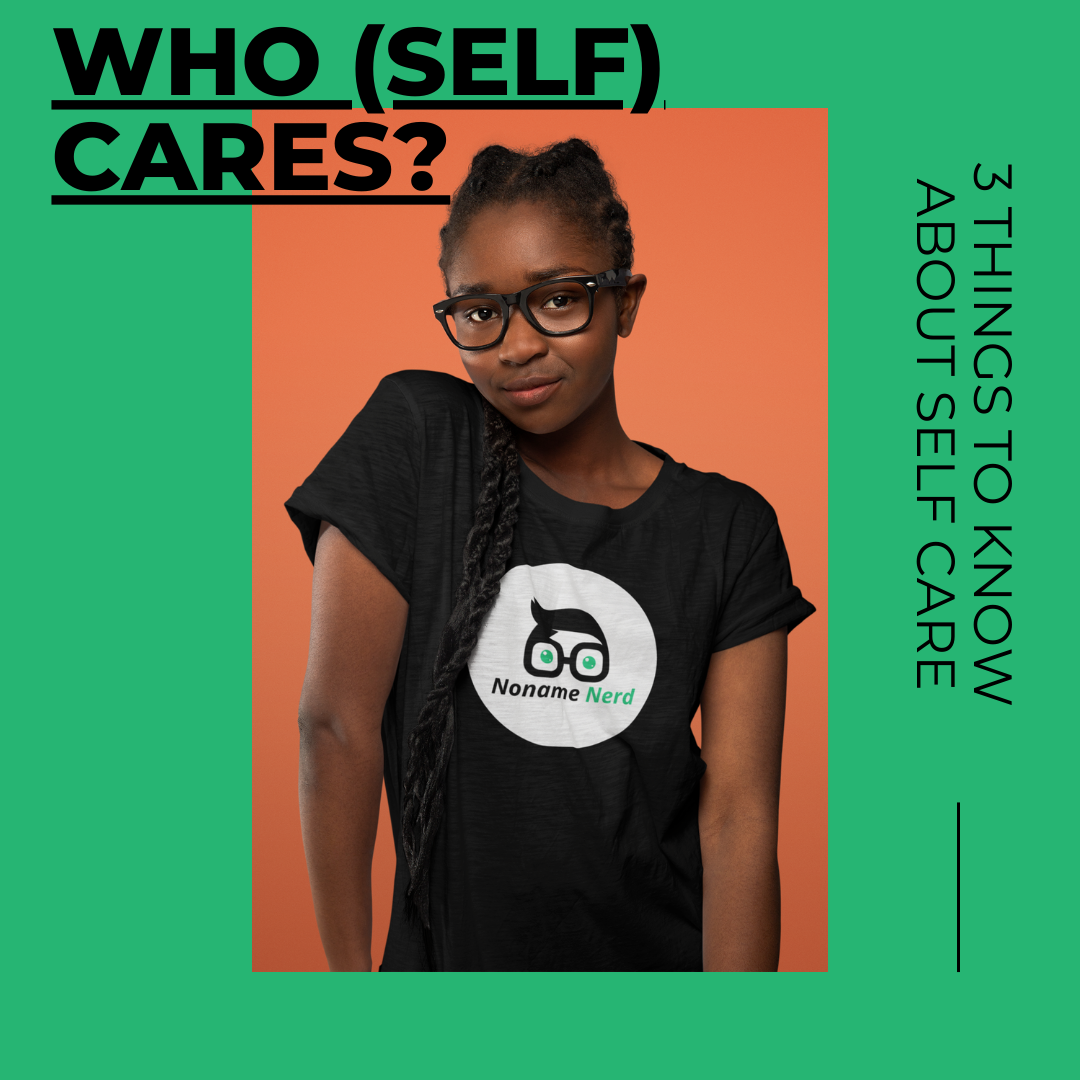
Mental Health Check pt 3: 3 Things to Know About Self Care
Share
As you’ve likely noticed already, we’re on a bit of a mental health kick around here. One of the phrases you hear thrown around the internet all the time is “self care”. As it turns out, practicing self care is one of the best ways to boost your mental health! Here’s the problem. Most people don’t really seem to know what it even means. So, in this article, we’re going to define self care, improve our life balance, and discuss several types–along with some examples–of great self care.
The Oxford English Dictionary defines self care as “the practice of taking an active role in protecting one's own well-being and happiness, in particular during periods of stress.” Now, while we love the folks over at the OED, this definition seems a bit over simplified. Self care is all about not only protecting yourself in times of stress, but actively caring for yourself as well. In fact, self care doesn’t even need to be limited to times of stress. Some of the best self care techniques work well to proactively protect against mental health issues. As a result, self care is possibly the best weapon we possess in our mental health arsenal, so let’s take a closer look at some techniques.
Possibly the best self care, especially if you are a busy person, is protecting your life balance. By the way, if you’ve ever heard an employer talk about a “work-life balance”, this is what they’re talking about. It is entirely possible to have a crazy busy schedule and maintain a good life balance. The trick to this task is to find time in your schedule for yourself. One of the best practices here is to make an appointment with yourself at least one day per week (or once a day if you need it) to do something just for you. That could be any number of things, from going on a run, going on a Starbucks run (and stopping long enough to actually enjoy your coffee), or even just playing a game you want to play, off stream. Honestly, a lot of the self care suggestions later in this article will work for this. The bottom line is that what you are doing should be solely for you, not for anyone else. The big idea here is that it forces you to make yourself a priority.
Now, there is a lot out there on self care, so it’s hard to weed through the noise, but to help define the different types of self care, and to find some examples, we turned to the experts at the Health Coach Institute. Here’s their 7 types of self care, along with some great examples of each.
- Emotional Self Care is taking the time to connect and process your emotions.
- Examples include journaling, talking to a therapist/counselor/mentor, using affirmations or mantras, meditating, and practicing gratitude.
- Physical Self Care is engaging in activities to boost your physical health.
- Examples include exercise, taking a relaxing bath, dancing, getting a massage, or even taking a nap
- Mental Self Care is stimulating your mind.
- Some examples include listening to podcasts (might we suggest the Noname Nerd podcast?), trying new hobbies, going to a museum, reading a book, or writing a poem.
- Social Self Care nurtures our relationships with others.
- Examples include chatting with your parents or other supportive family members, game or movie nights with friends, dates with significant others, snuggling with pets (real or plush), or writing a letter or card to a loved one.
- Spiritual Self Care is about nurturing our soul. It’s worth noting on this one that this can look very different from person-to-person, depending on your spiritual beliefs and worldview.
- Examples include spending time in nature, spending time in meditation or prayer, attending a worship service, practicing yoga, volunteering for a cause that is meaningful to you, creating a vision board, or any other activity that inspires you.
- Practical Self Care includes anything that takes care of your basic needs and decreases stress. Yes, this totally counts as self care.
- Examples include tidying your workspace, organizing your email, meeting with a financial advisor, laying out your clothes in advance, or meal prepping.
- Professional Self Care encompasses activities and actions that can leave you feeling balanced and fulfilled in your career.
- Examples include setting reminders to take breaks, spending time with coworkers after hours, setting your phone to Do Not Disturb after your shift, engaging in any sort of professional development, and taking mental health days/sick days when you need them.
Wow, that was a lot. But here’s the fun thing about self care. There are a million more options or variations on these examples that you can choose to try! There’s also a ton more nuance that we don’t have time to cover about this topic, so we’ll link back to the Health Coach Institute’s article at the end of this post.
Mental health is one of the most important components of our overall well being. As we’ve learned, self care is one of the cornerstones to great mental health. In this article, we’ve defined self care, talked about the importance of life balance, discussed the different types of self care, and looked at several examples. What is your favorite self care activity? Let us know in the #nerd-health channel on our discord! Not already a member? Grab the links to our communities at NerdsBelongHere.com! And as always, stay tuned to this blog for more great tips and tricks!
Source: https://www.healthcoachinstitute.com/articles/7-types-of-self-care/